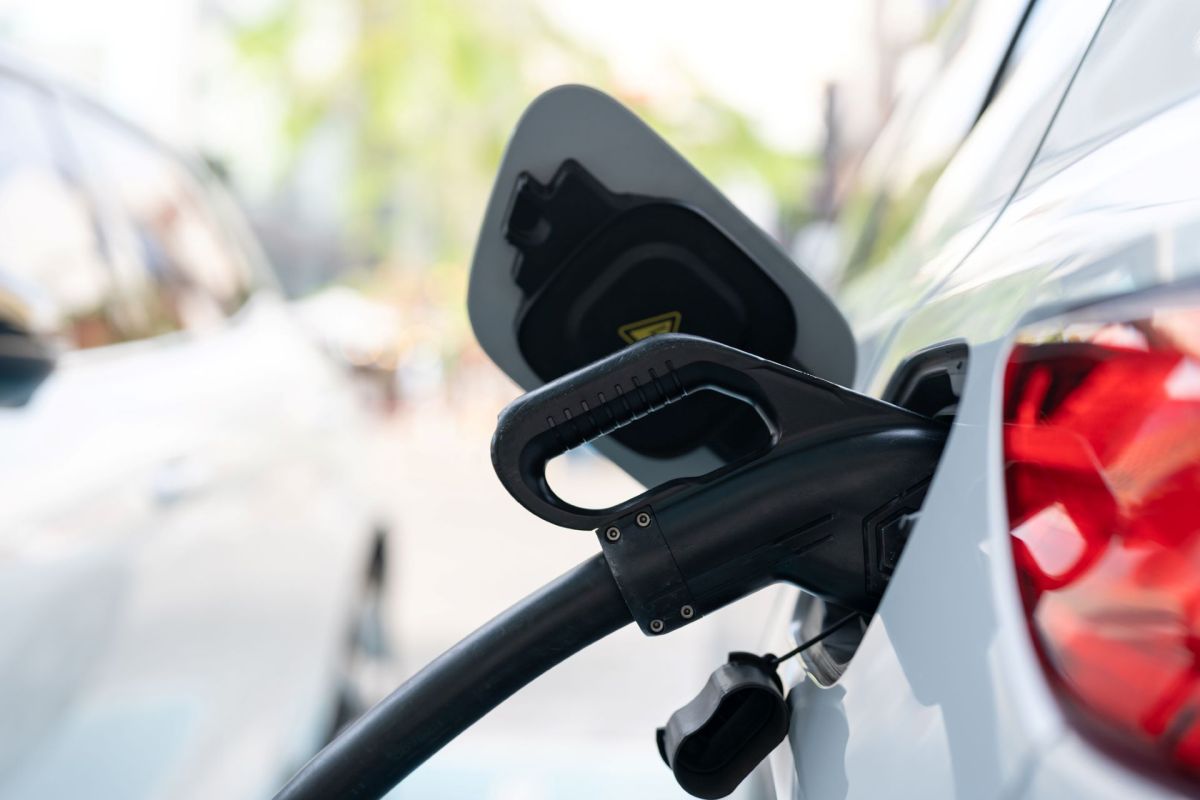China-based company Contemporary Amperex Technology Co. Limited (CATL) has announced that it is almost ready to start production on a new type of electric vehicle (EV) battery that could turn the industry on its head.
CATL's "semi-solid state battery" will apparently have an energy density of up to 500 watt-hours per kilogram. That's twice the energy density of the leading batteries currently on the market, which means that, if this battery comes to fruition, it will lead to EVs that can travel a much greater distance without needing a charge.
Not only that, but CATL says that the semi-solid state battery will be safe enough and have enough energy density to work in airplanes. The company is currently working with partners on developing an electric passenger aircraft, which could one day be a huge deal for the entire planet, as air travel accounts for around 2.4% of all global planet-warming emissions, according to the BBC.
The specific technology that allows CATL batteries to have twice the energy density of other EV batteries is not yet fully known. "Semi-solid state" means that the battery uses a solid electrolyte material in addition to the liquid or gel electrolytes that lithium-ion batteries have exclusively relied on in the past.
However, CATL also describes its battery as a "condensed matter battery." In order to learn what that means, Inside Climate News got in touch with a battery scientist, who informed them: "I have no idea what that is."
"Oftentimes we mistake branding to be a scientific concept, right? Or oftentimes, it's just pure branding. And that's OK. That's what companies do," he went on to explain.
Regardless of what exactly it is or how it's made, if this battery is what CATL says it is, it could lead to EVs with huge driving ranges, as well as electric passenger airplanes. And that is definitely something worth keeping an eye on.
Join our free newsletter for weekly updates on the coolest innovations improving our lives and saving our planet.









